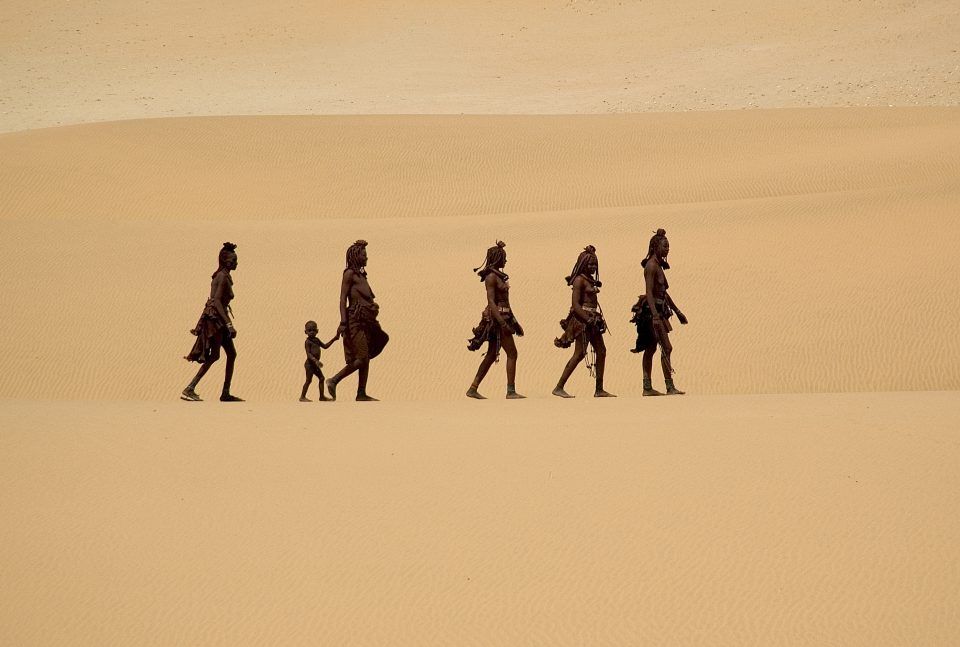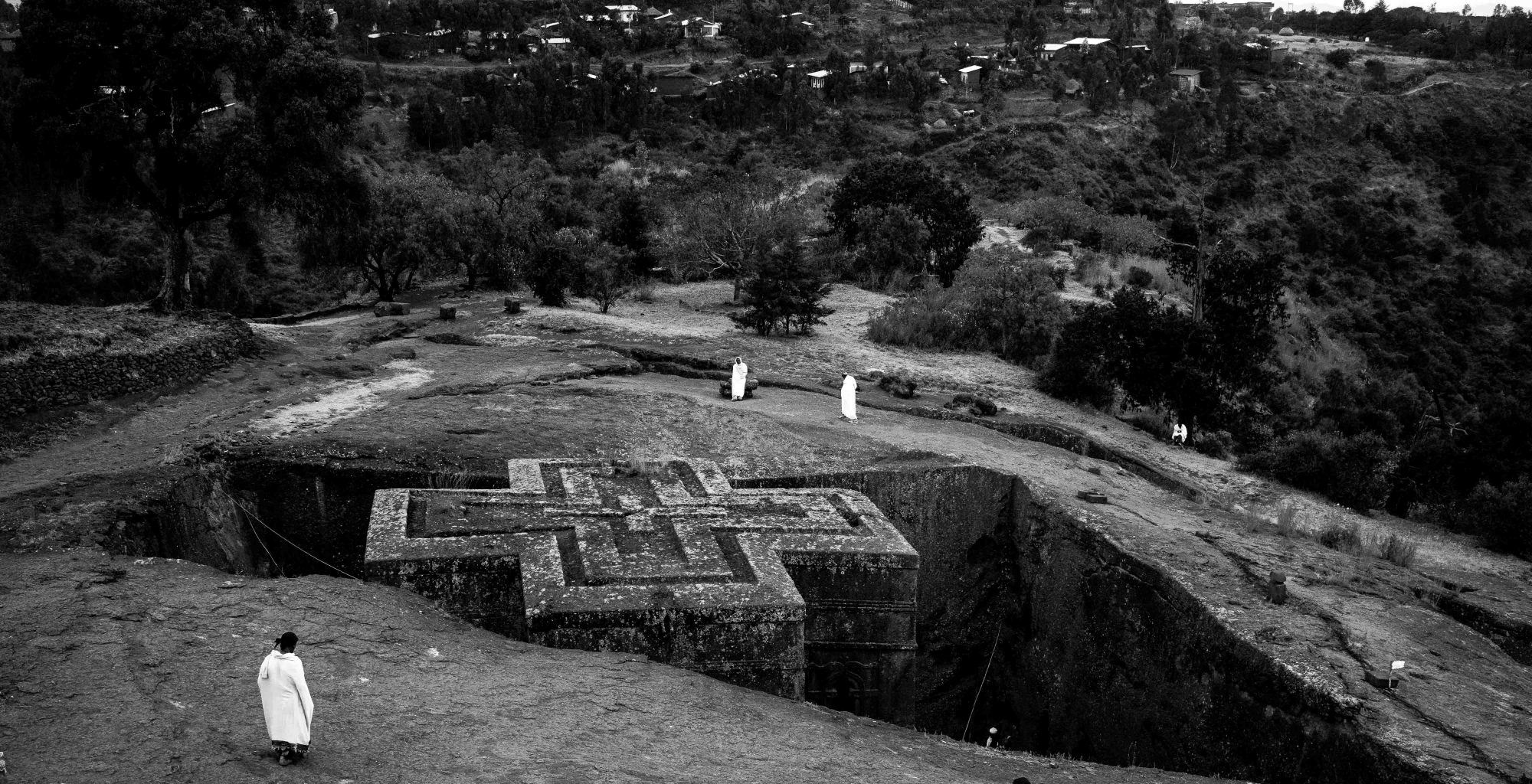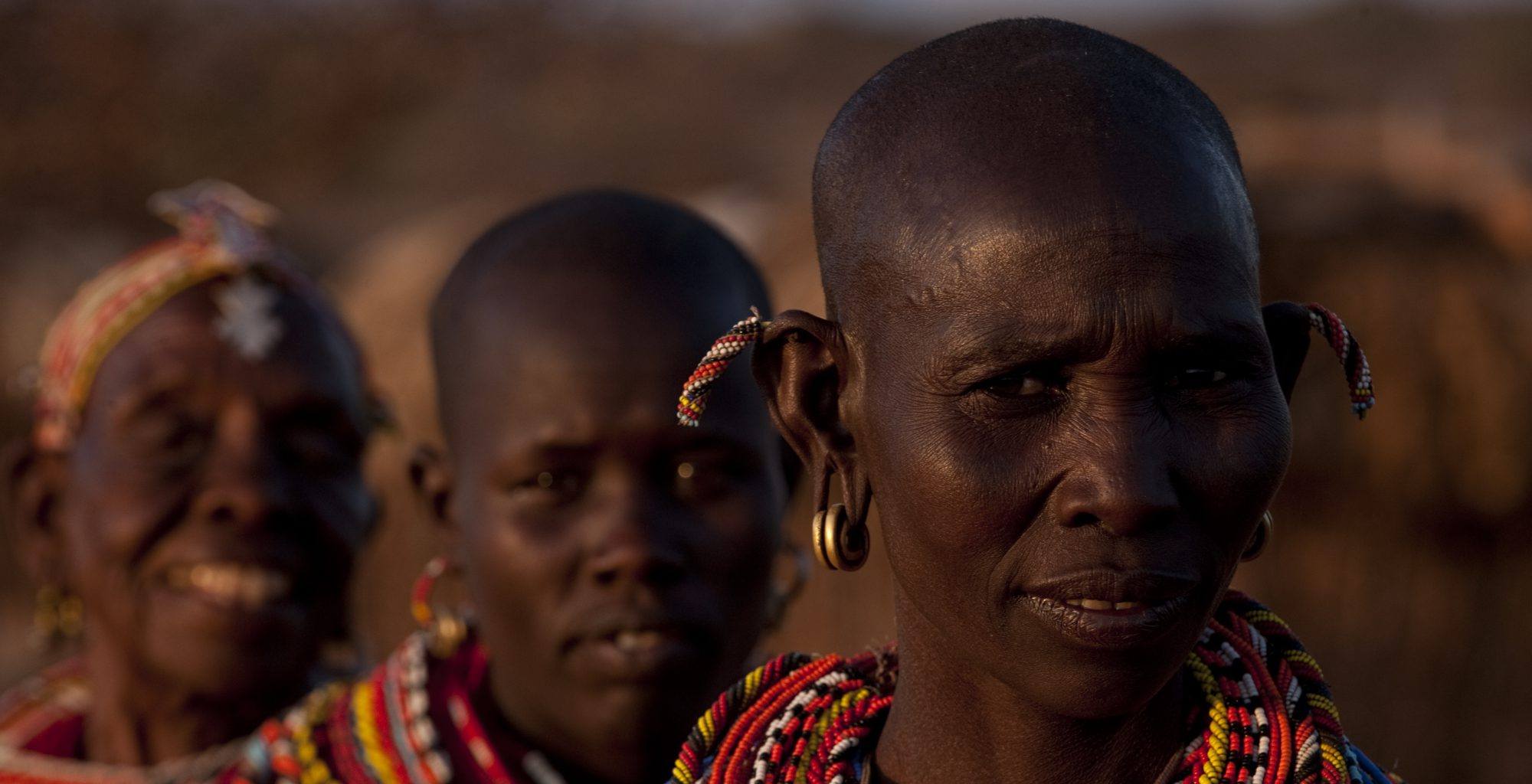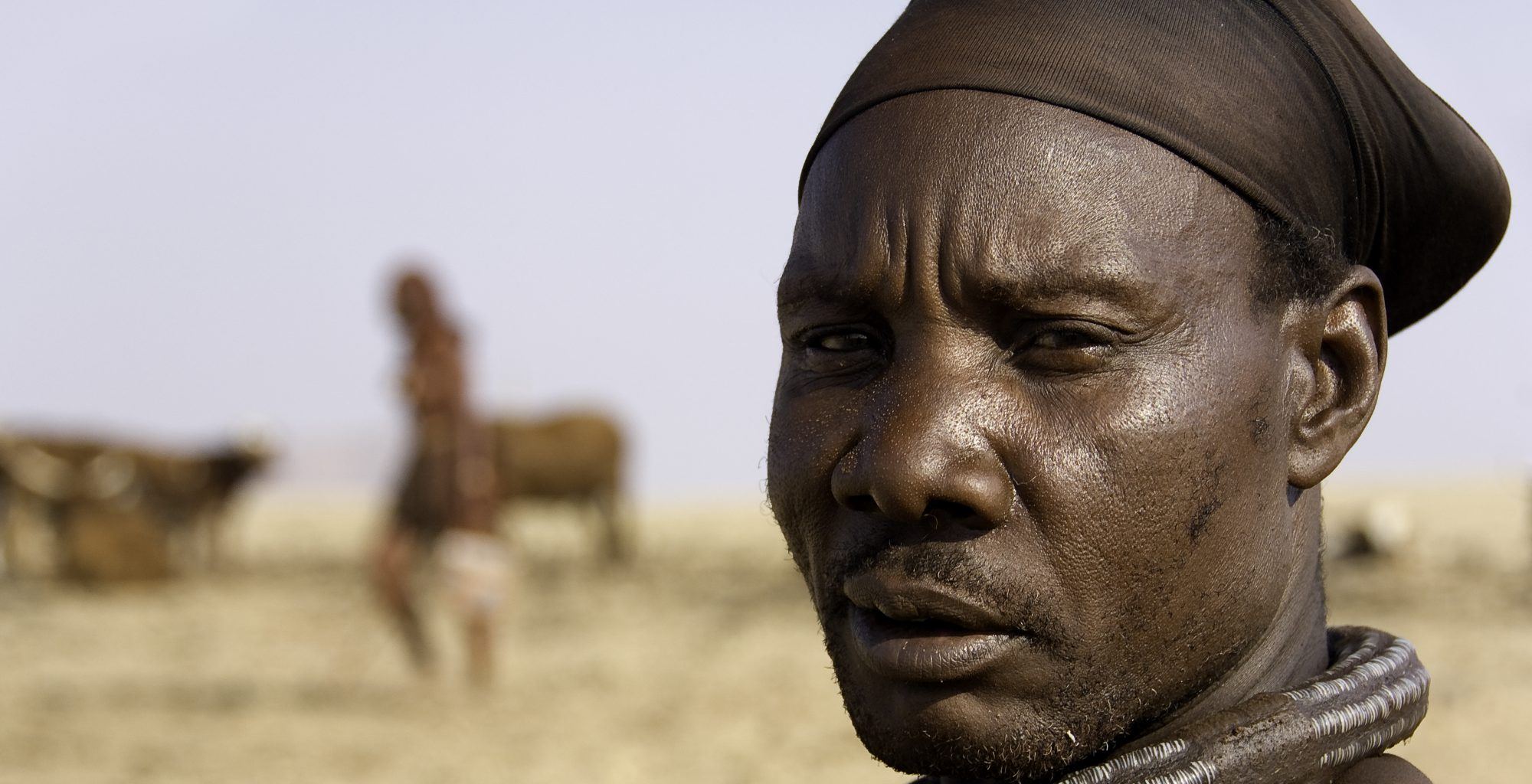The notion of community informs everything we do. Rural Africa’s future lies in the hands of its local communities. In terms of understanding what should be done to preserve its wildernesses, it is vital that we make use local knowledge, talent and ideas. Intrinsic to this is the importance of helping preserve the traditional cultures that have, until now, so well served these communities. Sensitive, culturally aware itineraries, set up and run in conjunction with local communities, remain one of the most important sources of local rural employment, health, education and opportunity.
To this end, our journeys into cultural Africa are always predicated on the fact that the kind of sustainable tourism we promote will directly benefit the local community. Given this, our trips into Ethiopia’s Omo Valley are possibly the most sensitive of this type of journey. The tribes of the lower Omo Valley are some of the world’s most unchanged cultural groups, and are therefore extremely vulnerable to the effects of the outside world. In our contact with the likes of the Mursa, we pride ourselves in having developed trips designed to reap the very best of what happens when two cultures meet face-to-face. This is equally true of our partnering with, for example, the Samburu of Northern Kenya, or the Ju’/hoasi Bushmen of the Kalahari.
The benefits of culture based itineraries swings both ways. For many, the opportunity to engage with cultures from sub-Saharan Africa is something of a revelation – uplifting, spiritual, life affirming – and is often cited as being both the most memorable and most significant part of one’s journey.



